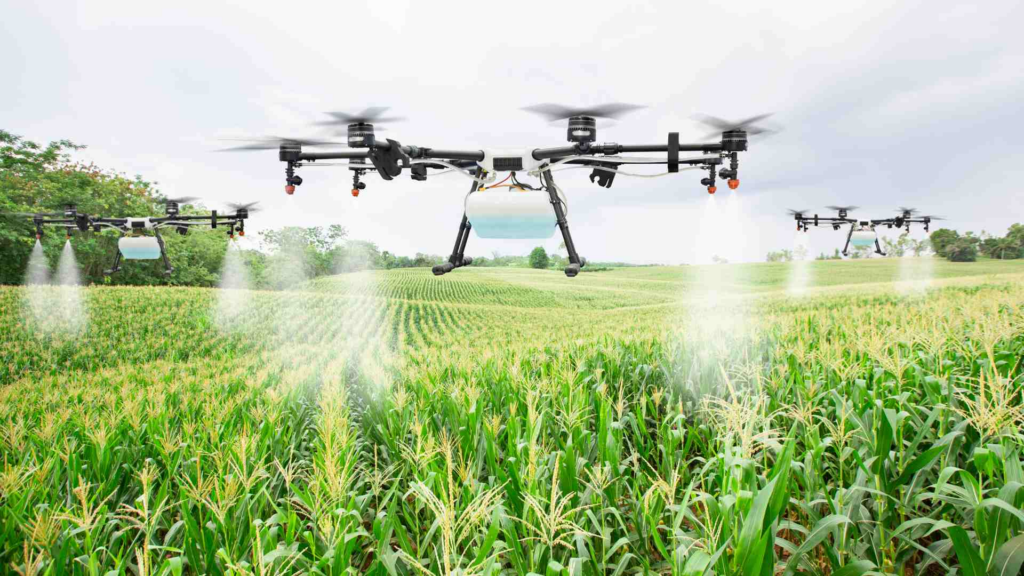
INTRODUCTION
In recent years, precision agriculture technology has emerged as a game-changer in the world of farming. This innovative approach leverages cutting-edge technology to optimize farming practices, enhance crop yields, and minimize environmental impact. In this article, we will delve into the intricacies of precision agriculture, exploring its various components and how it is transforming traditional farming methods.
What is Precision Agriculture?
Precision agriculture, often referred to as precision farming or smart farming, is an advanced farming methodology that utilizes technology and data-driven insights to make farming practices more efficient and sustainable. It involves the precise management of resources, such as water, fertilizers, and pesticides, to maximize crop production while minimizing waste.
The Key Components of Precision Agriculture
1. Data Collection and Analysis
At the heart of precision agriculture is data. Farmers collect vast amounts of data through various sensors, drones, and satellites. This data is then analyzed to gain valuable insights into soil conditions, weather patterns, and crop health.
2. GPS Technology
Global Positioning System (GPS) technology plays a crucial role in precision agriculture. It enables farmers to map their fields accurately, allowing for precise planting, harvesting, and irrigation.
3. Automated Machinery
Modern farms are equipped with automated machinery, such as tractors and harvesters, which can be programmed to work autonomously based on the data received. This reduces the need for manual labor and ensures consistent and precise operations.
Benefits of Precision Agriculture
1. Increased Crop Yields
One of the primary benefits of precision agriculture is the significant increase in crop yields. By optimizing resource usage and addressing issues promptly, farmers can produce more with less.
2. Resource Efficiency
Precision agriculture promotes the efficient use of resources like water and fertilizers. This not only saves costs for farmers but also reduces the environmental impact associated with agriculture.
3. Reduced Environmental Impact
With precise control over inputs like pesticides and fertilizers, precision agriculture minimizes the negative environmental effects of farming, including soil degradation and pollution.
Challenges and Future Prospects
While precision agriculture holds immense promise, it is not without its challenges. The initial investment in technology can be steep for some farmers, and there may be a learning curve associated with adopting these new methods. However, as technology becomes more accessible and user-friendly, these barriers are expected to decrease.
The future of precision agriculture is bright. As technology continues to advance, we can expect even more sophisticated systems that further optimize farming practices. The integration of artificial intelligence and machine learning into precision agriculture systems will enable more precise decision-making and problem-solving on the farm.
CONCLUSION
Precision agriculture technology is revolutionizing the agricultural industry. It empowers farmers to make data-driven decisions, resulting in increased crop yields, resource efficiency, and reduced environmental impact. While challenges exist, the potential benefits for both farmers and the planet are too significant to ignore.
